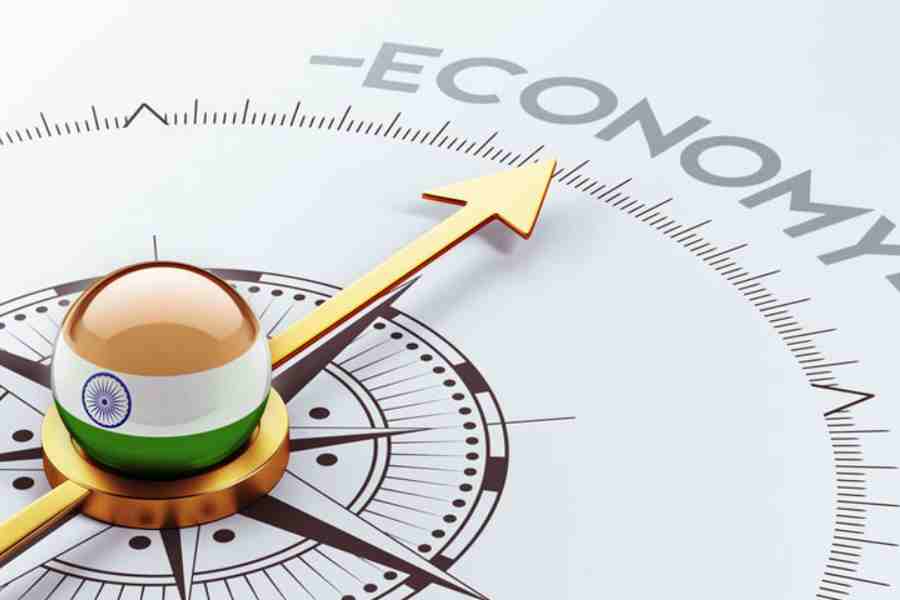
Official Status: This college was granted affiliation up to Degree Part l Arts & Science stream from the session 1970-72 and up to Degree stage from the session 1971-72. At present this college in parts teaching up to Hons. Degree in almost all subjects of Arts & Science faculties. The central government is working to revolutionize the higher education system and make the country one of the premier centers of education in the world. The attempt of revolutionizing higher education in the country is most welcome.
Microeconomics:This branch of economics focuses on individual actors, such as households, firms, and industries. Topics typically include supply and demand analysis, consumer behavior, production theory, market structures (perfect competition, monopoly, oligopoly), and pricing mechanisms. Microeconomics helps you understand how individual choices and market dynamics shape economic outcomes.
Economic Theory: Economics is built on a foundation of theories and models that help explain real-world phenomena. In college, you'll study various economic theories developed by economists such as Adam Smith, John Maynard Keynes, Milton Friedman, and others. Understanding these theories equips you with analytical tools for dissecting economic issues and formulating policy recommendations.
Specialized Areas:Depending on your interests and the offerings of your college, you may have the opportunity to explore specialized areas within economics. These could include international economics, development economics, labor economics, environmental economics, health economics, financial economics, or behavioral economics. Specialized courses delve deeper into specific economic issues, policies, and challenges faced by different sectors or regions.
Critical Thinking and Analysis: Studying economics fosters critical thinking skills, analytical reasoning, and the ability to evaluate arguments rigorously. You'll learn to assess the costs and benefits of different choices, identify trade-offs, and consider the unintended consequences of economic policies. These skills are valuable not only in economics but also in a wide range of professions that require problem-solving and decision-making abilities.
